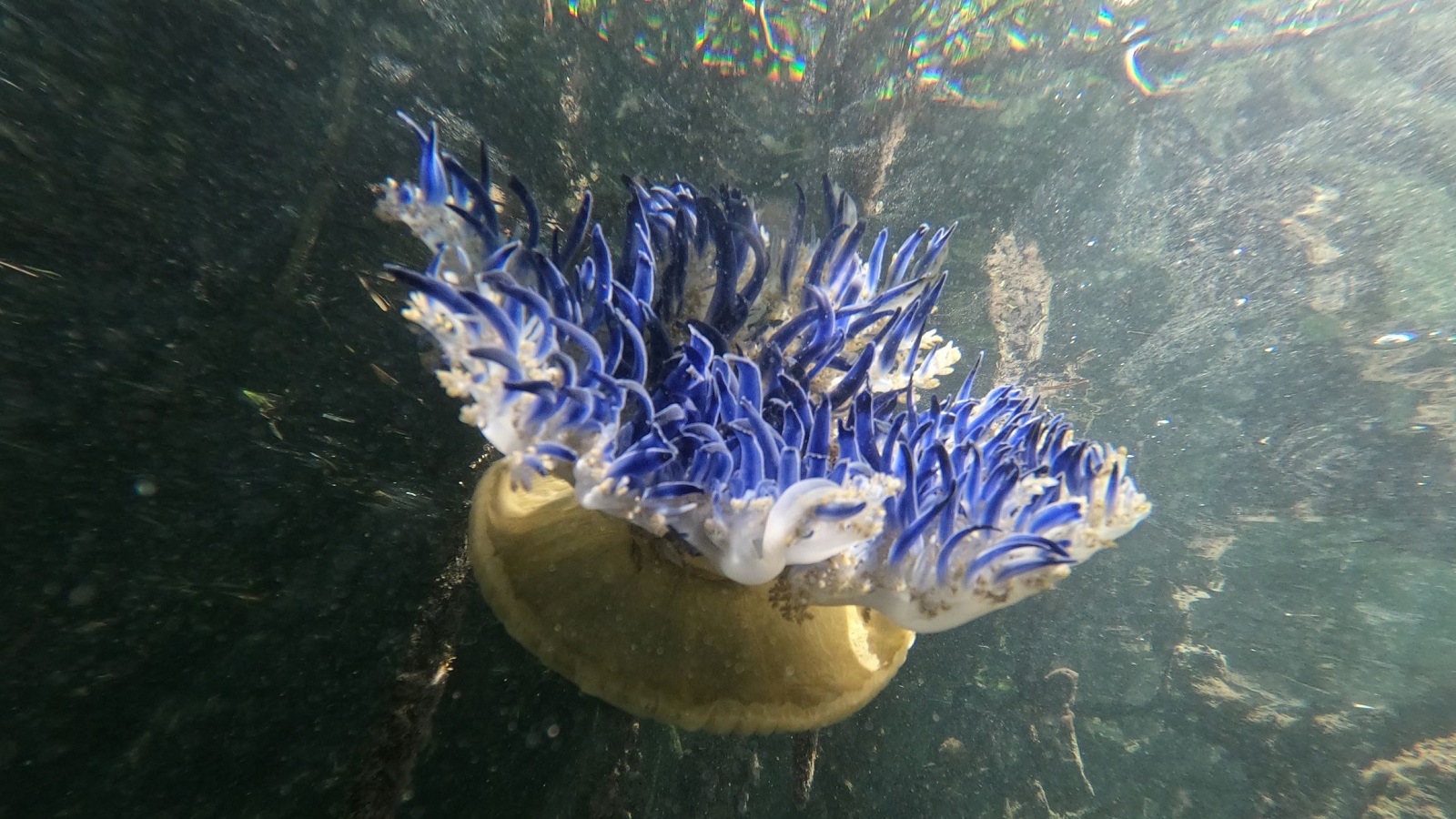PeerJ talks to Profesor Leandro Rodriguez-Viera from The University of Cádiz about “Characterization of the populations of upside-down jellyfish in Jardines de la Reina National Park, Cuba“ published in PeerJ Life & Environment as part of the IABO Hub. The IABO Hub is the publishing home of the International Association for Biological Oceanography, and features the latest biological oceanography research published by the members of IABO.
Can you tell us a bit about yourself?
I am a marine biologist. I was a professor at the Marine Research Center of the University of Havana for 15 years and am currently at the University of Cádiz, Spain. Over the course of fifteen years, I have helped close several knowledge gaps in the digestive physiology of crustaceans and provided solutions to improve feed utilization. In addition, I led other lines in different topics within marine biology, such as the trophic ecology of lionfish, biodiversity of marine organisms, among others.
Can you briefly explain the research you published in PeerJ?

Our paper just published in PeerJ Life & Environment entitled “Characterization of the populations of upside-down jellyfish in Jardines de la Reina National Park, Cuba” studies for the first time in Cuba the upside-down jellyfish populations, in one of the largest Marine National Parks in the Caribbean (Jardines de la Reina National Park). A total of 10,803 individuals were recorded, of which 7618 belonged to Cassiopea xamachana and 3185 belonged to Cassiopea frondosa. Both species share a niche and no evident segregation was detected according to abiotic variables. We demonstrate experimentally that Seagrass beds cover was negatively correlated with Cassiopea density. Also, Density and size have a negative correlation in the upside-down jellyfish. Cassiopea is a keystone organism for many habitats, feeding pelagic food webs on reefs by releasing organic matter and playing an essential role in nutrient cycling, the study of their populations is vital in tropical marine-coastal ecosystems.
How did you first hear about PeerJ, and what persuaded you to submit to us?
I heard about PeerJ a couple of years ago while reviewing some articles. I submitted some of my doctoral thesis articles in 2017. I was very pleased with the seriousness and rigour of the entire editorial process, from peer review to every detail of the publication’s edition. That is why I have already submitted at least five articles to PeerJ, and I have been very happy with the visibility of the publications.
How was your experience publishing an article in the IABO hub?
It was an excellent experience. In fact, the IABO hub is a great initiative to promote open and inclusive science, providing good opportunities to publish and view our research for everyone. We need more initiatives like this in science!
PeerJ Hubs are a new concept providing a sustainable Open Access solution for societies and research associations, with meaningful benefits for members. Whether your organization wants to launch its first publication, or is seeking a fully OA, funder-compliant option to complement your existing journals, a Hub could grow and develop your community, and make Open Access a more attainable and equitable option for your members.
Best of all, Hubs are free for organizations to launch!
If you are interested in discussing a Hub for your society or research association, please email communities@peerj.com and we can send you further information.


